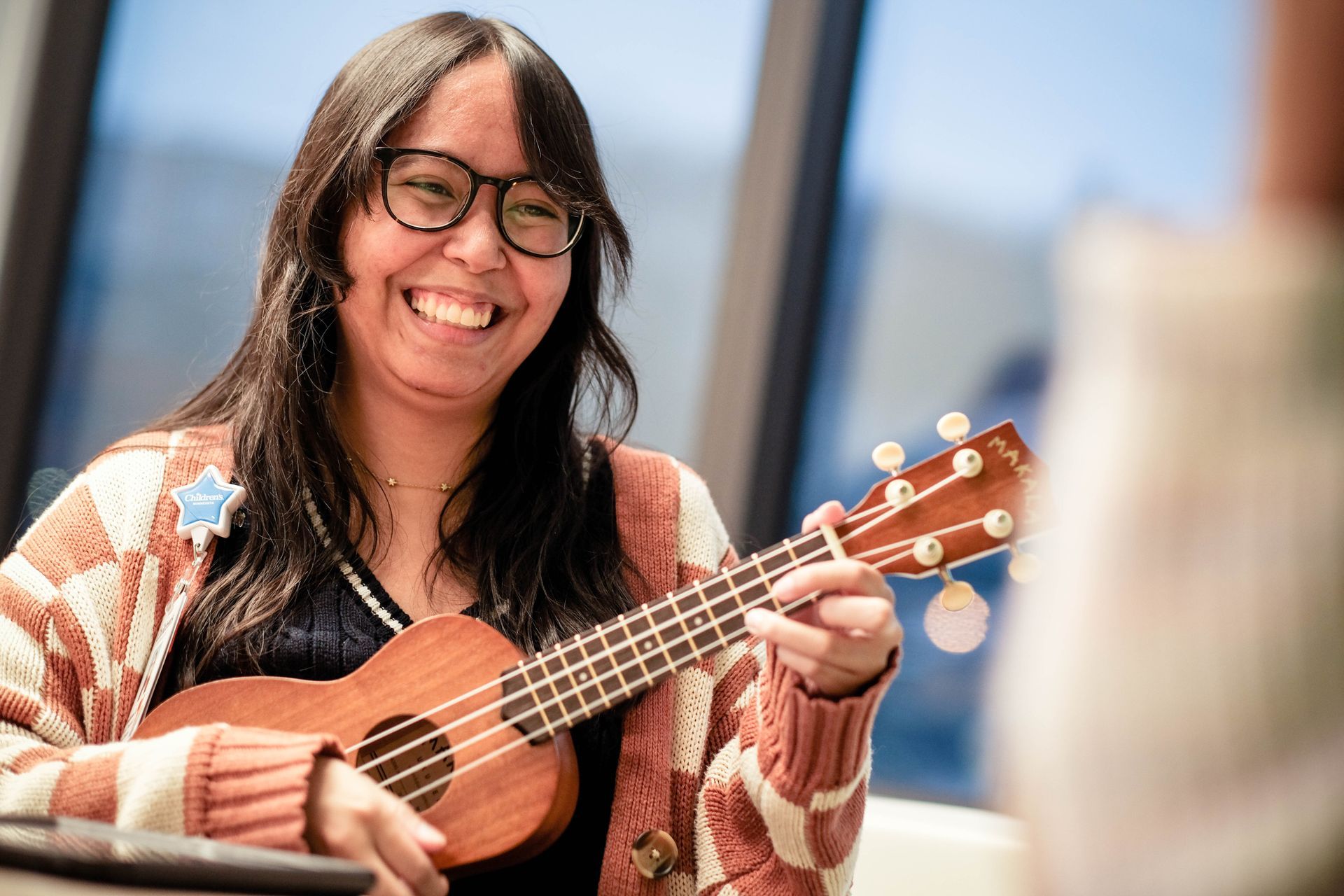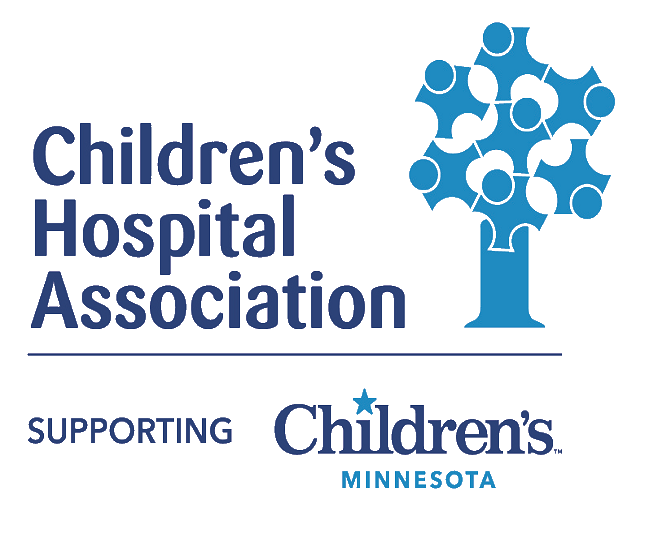“And On the Hard Days”: The Impact of Music Therapy in Pediatric Oncology & Hospice Care
What could a song give you?

Music is a powerful healthcare tool: it can calm a struggling newborn, provide a diversion for a toddler during an uncomfortable procedure, encourage movement for a school-age rehabilitating during an extended hospital stay, help a teen to process their feelings and emotions related to a serious illness, or provide coping mechanisms for parents and siblings. Music therapists in our Music Therapy Program work with the medical teams at Children’s to meet patient treatment goals through scientifically based therapies. Therapists use instruments, movement, and song to provide music therapy.
Whether it sparks a dance party for the entire family, provides the structure of songwriting to help express and process difficult circumstances, or provides the invaluable methods that help a child relearn and strengthen their motor and communication skills, we hear again and again from families that music therapy has changed their lives.
While it’s common to think of music therapy as a method of healing, many patients—kids and adults—have found it highly beneficial for processing the news of a terminal diagnosis and finding comfort and creativity as they receive end-of-life care. Because of funding provided by Children’s Hospital Association, “H” was one such pediatric patient who received music therapy at Children’s Minnesota.
By 15, H had spent time in a refugee camp, lost her mother, struggled with a variety of trauma and mental-health related symptoms, and had been diagnosed with a rare solid tumor. For several years, H enjoyed a variety of music therapy services and interventions. From music therapy groups to improvisation to live performances, H leaned on her connection with music as she received treatment.
Then, in 2022, H received the news. Her cancer was incurable. Loved and supported by her family beyond measure, H made the courageous decision to enter hospice care. However, like many families, H’s family couldn’t provide her adequate medical care at home. Her time in hospice care was spent at Children’s Minnesota.
Like many children (and adults) with complex trauma histories and mental health needs, identifying the best way to connect and provide support could be a challenge. Some days, she pulled the blankets over her head and refused to come out, answer any questions, or make choices. Other days, despite an inital “go away,” further conversation with a music therapist would reveal she really just wanted the music therapy to stay and be with her, especially since her family rarely could be. And then there were days where there simply could not be enough music. She would continually ask the music therapist for “just one more song” and wanted the music therapist to stay with her for hours, playing all her favorite songs while she rested, pretended to sleep, or occasionally, talked about what the lyrics meant to her or sang along.
Prior to this long admission for hospice, a music therapy intern had written a song with her in which she expressed her resilience, strength, and hope for the future. The lyrics went, in part, like this:
“And on the hard days, this is what I say
Things will get better, it will be ok.
And on the hard days, this is what I say
Never give up, it will be ok.”
Partway through her hospice admission, the music therapist printed the song on a beautiful background, framed it, and put it up on her wall. H expressed satisfaction with her song and at times, wanted the music therapist to sing it with her. Later in the admission, the music therapist recorded the sound of H’s heartbeat and layered that into her song, further symbolizing her courage and strength through this personalized musical memento.
In the late summer, H passed away, with her family surrounding her. A nurse practitioner who was there at the time of death later told the music therapist that her family had left all of H’s belongings at the hospital, except for one thing. The framed song lyrics H had written were the only personal belonging that her family took with them. This legacy item which so beautifully captured the resilience of this young woman became something that her family could always treasure and remember her by.
The hospital staff tell us this courageous young woman will never be forgotten by anyone who worked with her. We remember H every time we share the benefits of music therapy and as we work to raise funds so that hope the comfort, joy, and legacy music therapy provided for her will be available to pediatric patients for years to come.
To ensure access to music therapy for patients like H, donate to Children’s Hospital Association today.
To learn more about music therapy from American Music Therapy Association.
Children’s Hospital Association (CHA) is a fundraising and resource 501(c)(3) nonprofit organization based in St. Paul, MN dedicated to supporting holistic pediatric healthcare services and programs rarely covered by insurance.

